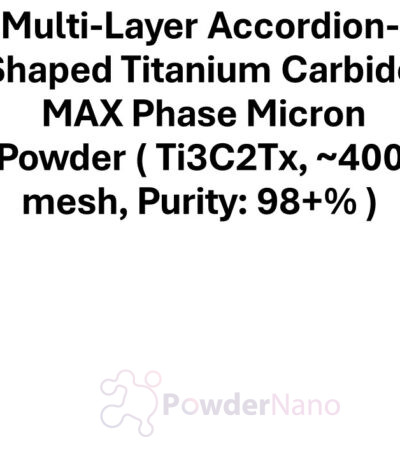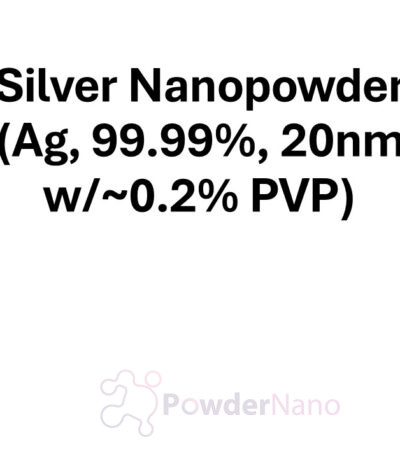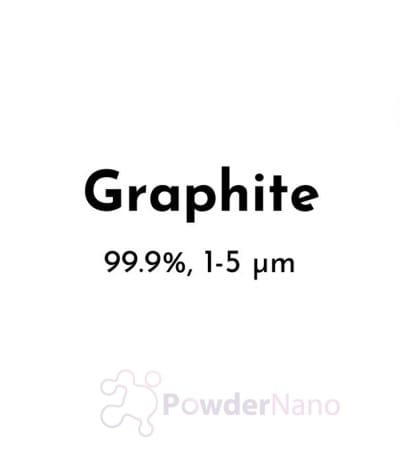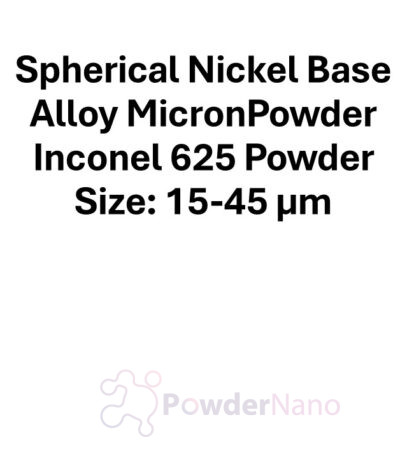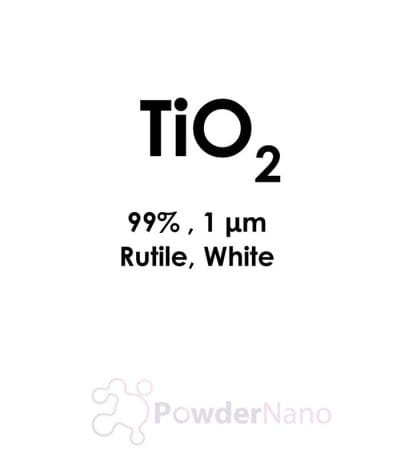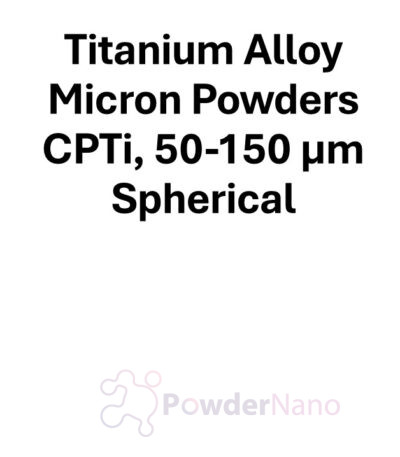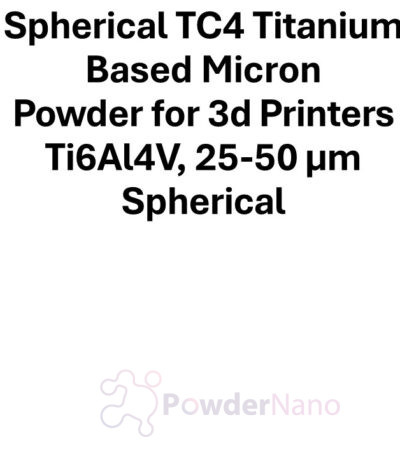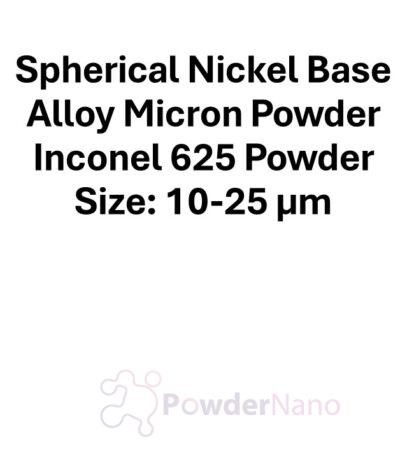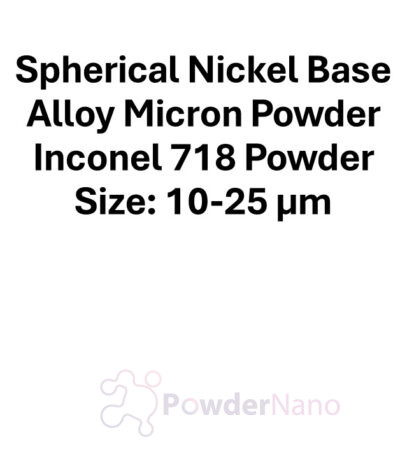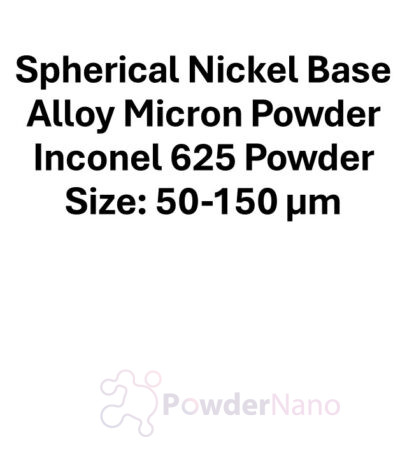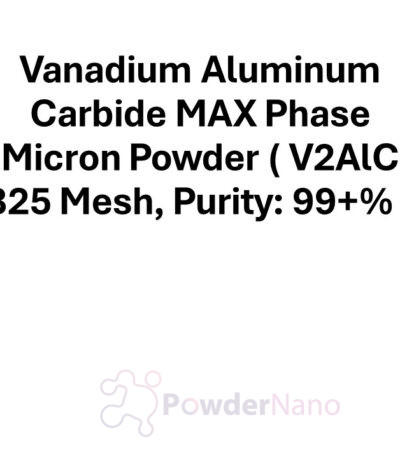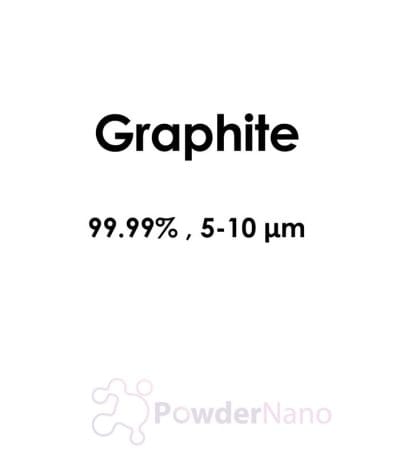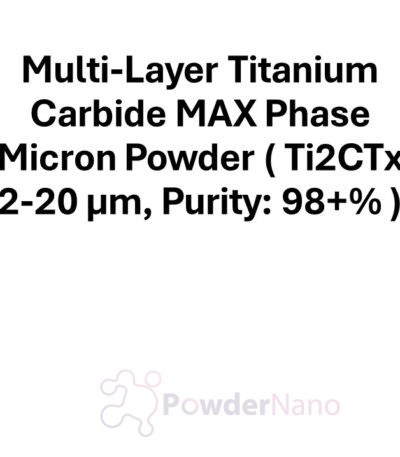Technical Specifications:
- Material: Multi-Layer Titanium Carbide (Ti₂CTx)
- Purity: 98% or higher
- Particle Size: 2-20 µm (microns)
- Shape: Typically plate-like or hexagonal crystals, characteristic of the MAX phase structure
- Density: Approximately 4.3 g/cm³
- Melting Point: Approximately 3,300°C (5,972°F)
- Boiling Point: Decomposes before boiling
Chemical Composition:
- Titanium (Ti): ~60%
- Carbon (C): ~20%
- Surface Termination (Tx): ~20% (Surface terminations such as -OH, -O, or -F)
Applications:
1. Energy Storage (Supercapacitors and Batteries):
- Ti₂CTx is highly suitable for supercapacitors and batteries due to its high surface area, electrical conductivity, and multi-layer structure. The particle size of 2-20 µm allows for efficient charge storage and fast charge/discharge cycles, which are crucial for high-performance energy storage devices.
- It is commonly used in supercapacitors and batteries for electric vehicles (EVs), renewable energy storage, and backup power systems. The accordion-like structure of Ti₂CTx ensures efficient energy storage and long cycle life.
2. Electromagnetic Interference (EMI) Shielding:
- Ti₂CTx is effective in electromagnetic interference (EMI) shielding applications due to its high conductivity and layered structure. The fine particle size and multi-layered nature of Ti₂CTx enable it to absorb electromagnetic waves efficiently.
- It is used in shielding materials for circuit boards, communication devices, sensitive electronic equipment, and electronics that require protection from electromagnetic radiation and interference.
3. Composite Materials:
- Ti₂CTx is used as a reinforcing phase in composite materials to enhance strength, thermal stability, and electrical conductivity. The multi-layer structure provides high mechanical strength and thermal conductivity, making it suitable for lightweight composite materials used in aerospace, automotive, and defense industries.
- These composites are used in high-performance parts that require strength-to-weight ratios and resistance to wear, such as engine components, braking systems, and structural components.
4. Catalysis and Chemical Processes:
- Ti₂CTx is utilized as a catalyst support in various chemical processes due to its high surface area, thermal stability, and reactivity. It is especially useful in hydrogenation, oxidation, and dehydrogenation reactions in the petrochemical, chemical, and refining industries.
- The surface terminations (such as -OH, -O, or -F) provide enhanced catalytic activity, improving reaction efficiency in industrial catalytic processes.
5. Flexible Electronics:
- The accordion-shaped structure of Ti₂CTx makes it ideal for flexible electronics due to its mechanical flexibility and electrical conductivity. It is used in flexible capacitors, superconducting films, and printed electronics for applications that require flexibility combined with high performance.
- It is particularly useful in wearable electronics, stretchable devices, and **next-generation superconducting applications that need materials capable of bending without compromising performance.
6. Water Purification and Environmental Technologies:
- Ti₂CTx is also being explored for water purification applications, where its high surface area and adsorption capabilities help in pollutant removal. It can adsorb pollutants like heavy metals, organic contaminants, and toxins, making it effective for use in environmental technologies.
- It is used in water filtration systems, wastewater treatment, and chemical recovery processes, particularly for environmentally friendly purification and pollution control.
7. Gas Storage and Sensors:
- Ti₂CTx is explored in gas storage and sensor applications due to its high surface area and reactivity. The accordion-like structure allows for significant adsorption of gases such as hydrogen, carbon dioxide, and methane, making it useful for hydrogen storage and gas separation.
- It is also used in gas sensors that detect a wide range of gases, including toxic substances and pollutants, in industrial, environmental, and safety applications.
8. Lubricants and Wear-Resistant Coatings:
- Ti₂CTx is used in lubricant additives and wear-resistant coatings for machinery, automotive engines, and tools due to its low friction properties and high thermal stability. The material forms tribological coatings that help reduce friction and wear in moving parts, extending the service life of components.
- It is used in lubricants for industrial machinery, engine components, cutting tools, and power tools exposed to high friction and abrasion.
9. Biomedical Applications:
- Ti₂CTx’s biocompatibility and wear resistance have led to its exploration in biomedical applications, such as implants, prosthetics, and surgical instruments. Its corrosion resistance and mechanical properties make it suitable for use in biological systems.
- It is being studied for use in drug delivery systems, implantable devices, and bone scaffolds that require biocompatibility and long-lasting mechanical integrity.
10. Research and Development:
- Ti₂CTx is a subject of ongoing research in areas such as nanotechnology, materials science, and advanced manufacturing. Researchers are exploring its potential in high-temperature superconductors, nanoelectronics, and next-generation energy storage systems.
- It is also being investigated for novel applications in flexible electronics, smart materials, and quantum computing, where its unique electrical and mechanical properties provide new possibilities for advanced technologies.
Summary:
Multi-Layer Titanium Carbide (Ti₂CTx) MAX Phase Micron Powder (2-20 µm, Purity: 98+%) is a high-performance material known for its high surface area, electrical conductivity, and mechanical strength. Its unique accordion-shaped multi-layer structure allows for outstanding performance in a variety of applications, including energy storage, wear-resistant coatings, electromagnetic shielding, flexible electronics, catalysis, water purification, gas sensors, and biomedical devices. Ti₂CTx’s combination of metal-like conductivity and ceramic-like hardness makes it indispensable in industries requiring materials that can withstand extreme mechanical stress, high temperatures, and harsh chemical environments.
